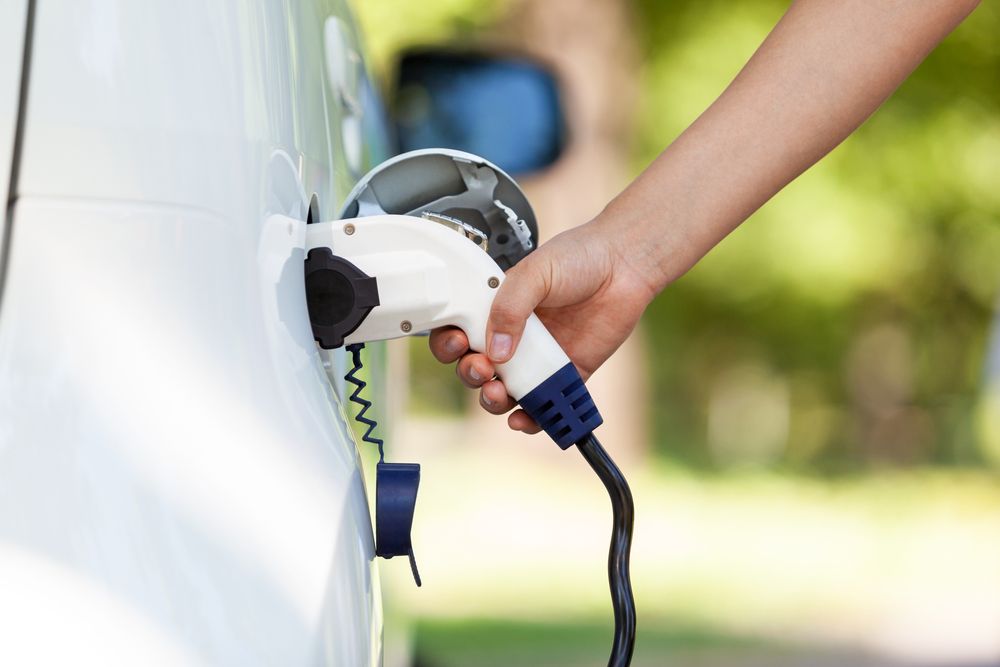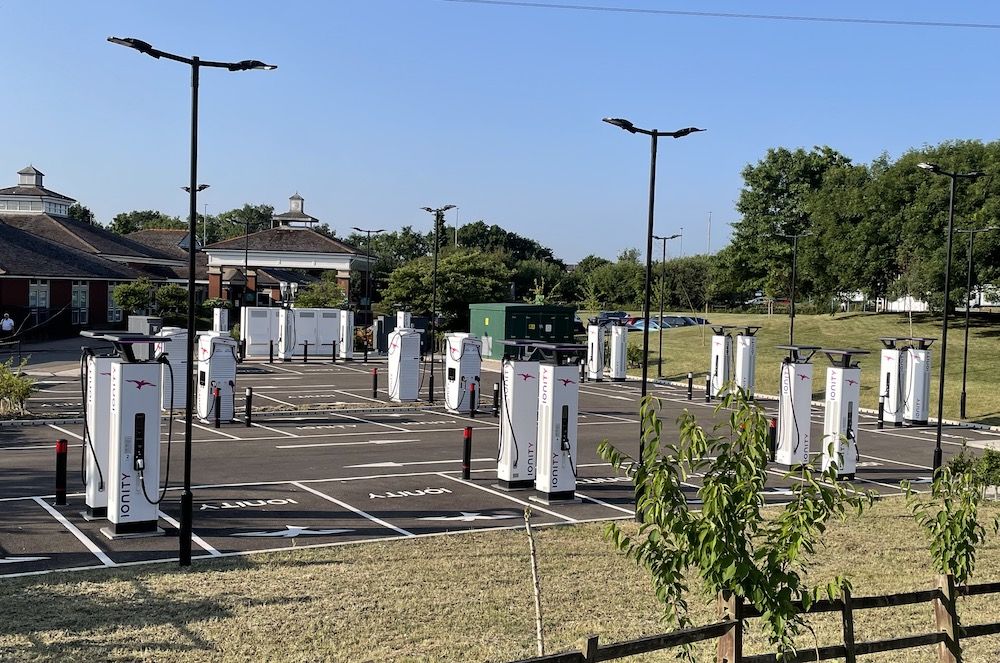Co-Charger has responded to the recent report by the Competitions and Markets Authority (CMA) on the UK’s electric vehicle charge point network.
In the report the CMA state that some sectors, such as charging at workplaces, shopping centres and private parking are doing well, but areas of concern include the slow roll-out of on-street charging by local authorities, and rural areas being left behind by a lack of EV charging investment, which has led to ‘charging deserts’ with some areas having much greater number of chargers than others: London has 80 per 10,000 of population, whilst Yorkshire and Humber has only 20.
In response to this Co Charger have stated that a better solution to focusing simply on accruing more public electric chargers, is to optimise usage of the home electric vehicle chargers already installed.
There are currently around 39,000 public chargers in the UK, and over 400,000 home electric vehicle chargers. By sharing some of these chargers though Community Charging, people living in flats and terraces who live in a ‘charging desert’ or who would rather not be reliant on a public charger can make the shift to EV ownership and usage sooner.
Co-Charger is currently the only purpose-built Community Charging platform which enables the utilisation of community resources including chargers, space and infrastructure, to allow members of that community to run electric vehicles.
Co-Charger enables those who have chargers, whether motorists, businesses or community buildings to share them with neighbours who don’t. It connects Hosts with Chargees. Hosts are motorists and organisations with an EV charger they’d be open to sharing.
Chargees are people who have an electric vehicle, or are considering buying one but aren’t able to charge at home. The app handles the ‘matchmaking’, communications, bookings, reminders, calculations and payments – how it works is described in Co Charger’s latest video – Together We’re Electrifying.
Joel Teague, CEO of Co-Charger, said: “Yes, we need more public chargers, but we already have hundreds of thousands of private ones, paid for and maintained that do nothing for all but a few hours a week. Charge point sharing can rapidly increase the number of available chargers – right now, without waiting for additional government funding or upgrading of the charging infrastructure.
“What’s really important is to help those motorists desperate to get out of their fossil fuel vehicle and into an electric one but who are blocked because they don’t have anywhere to charge. By charging on a neighbour’s driveway they’ll have access to reliable, bookable, affordable charging – the closest possible experience to having a charger of their own.
“All it takes is for the community of EV charge point owners to see the benefits of sharing – to their pockets, to their communities and to the planet. We need everyone working in sustainable transport – especially in government – to bring about a charge point sharing culture in the UK.”
Image: Shutterstock














